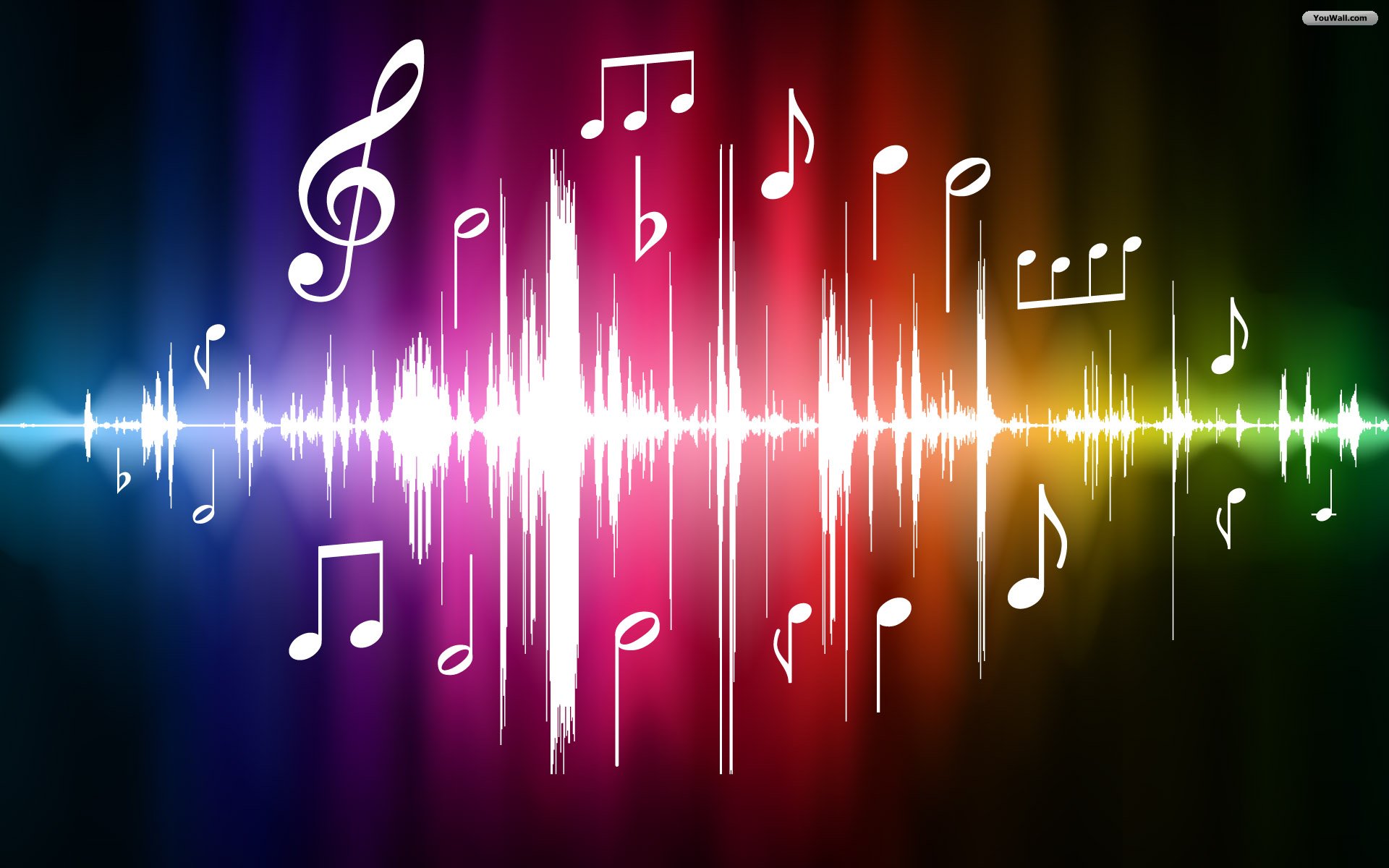Tune right into Healing Frequencies: Music for Mind, Body, and Spirit
Tune right into Healing Frequencies: Music for Mind, Body, and Spirit
Blog Article
The Impact of Songs on Feelings and Psychological Wellness
In the realm of psychology and wellness, the profound impact of music on emotions and psychological wellness has long been a topic of passion and research. The complex connection between the tunes we hear and the feelings we really feel is an intricate interaction that researchers and professionals have been checking out for decades. From affecting mood to offering as a powerful tool for stress and anxiety management, songs's duty in shaping psychological health and wellness is deserving and diverse of additional exploration. As we browse the subtleties of how songs intertwines with our psychological landscape and psychological wellness, a much deeper understanding of its possible to boost, soothe, or provoke believed arises, inviting us to ponder the significance of this global language in our day-to-days live.
Influence of Songs on Mood

Research has actually revealed that music can regulate mood by activating neural pathways associated with emotions in the brain. Recognizing exactly how music affects mood can have considerable implications for using songs as a restorative tool for psychological guideline and mental well-being.
Link Between Music and Anxiety
The interaction between music stimulations and the human feedback to stress has been a topic of expanding rate of interest in the fields of psychology and neuroscience (MUSIC). Songs has revealed remarkable possibility in mitigating tension levels and promoting leisure. Studies have actually indicated that paying attention to music can cause physiological changes in the body, such as reduced heart rate, lower high blood pressure, and decreased levels of cortisol - a hormonal agent linked with tension
The link in between songs and anxiety relief is believed to be very closely connected to the influence of music on the limbic system, which plays a key duty in emotions and stress and anxiety actions. In addition, personal music preferences can likewise influence the stress-reducing results of songs, Resources highlighting the significance of personalized strategies when utilizing songs as a stress management tool.
Music as a Restorative Device

Research has actually revealed that music therapy can dramatically lower stress and anxiety, anxiety, and chronic discomfort. Songs has the ability to stimulate memories, stimulate favorable feelings, and give a feeling of convenience and relaxation.
Impact of Music on Mental Health

Songs has actually been located to have profound results on psychological health by affecting state of mind, reducing anxiety, and boosting general wellness. In addition, music therapy, an look at these guys organized usage of songs to enhance mental wellness results, has been revealed to be beneficial for people with various psychological wellness problems, including post-traumatic stress and anxiety condition (PTSD), schizophrenia, and dementia. In general, the influence of music on mental health and wellness is an appealing area of study that provides prospective healing advantages for people facing various mental health and wellness obstacles.
Ways to Include Songs for Health
Songs has the power to stimulate feelings and affect our psychological state, making it a valuable device for promoting health. One way to include songs for health is by creating playlists that resonate with certain emotions or objectives.
One more way to use songs for wellness is with energetic listening. Taking the time to truly involve with the songs, concentrating on the lyrics, tools, and total structure, can deepen the emotional connection and enhance the therapeutic results. This conscious approach to listening can aid people process feelings, lower anxiousness, and improve general mental wellness.
Furthermore, going to live songs events or performances can additionally add to well-being by giving a sense of connection, neighborhood, and joy. Becoming part of a common musical experience can boost spirits, cultivate a sense of belonging, and produce lasting memories that positively affect psychological health.
Final Thought
Finally, songs has a significant influence on feelings and psychological well-being. It can influence mood, reduce anxiety, and serve as a restorative device for improving psychological wellness. Including songs right into day-to-day regimens can enhance general wellness and add to a positive frame of mind. It is necessary to acknowledge the power of music in advertising psychological balance and psychological clearness.
The partnership in between songs and state of mind is elaborate, with different elements of songs such as pace, pitch, and mode playing essential roles in evoking emotional feedbacks. Comprehending how songs affects state of mind can have considerable ramifications for utilizing music as a restorative tool for emotional policy and mental health.
The link between songs and stress alleviation is thought to be closely connected to the influence of songs on the limbic system, which plays an essential role in emotions and tension feedbacks. In addition, personal songs preferences can likewise influence the stress-reducing results of music, highlighting the importance of personalized strategies when making use of songs as a tension management device. Furthermore, music treatment, an organized usage of music to improve psychological wellness end results, has been revealed to be valuable for individuals with different psychological health and wellness Your Domain Name problems, including post-traumatic anxiety disorder (PTSD), schizophrenia, and mental deterioration.
Report this page